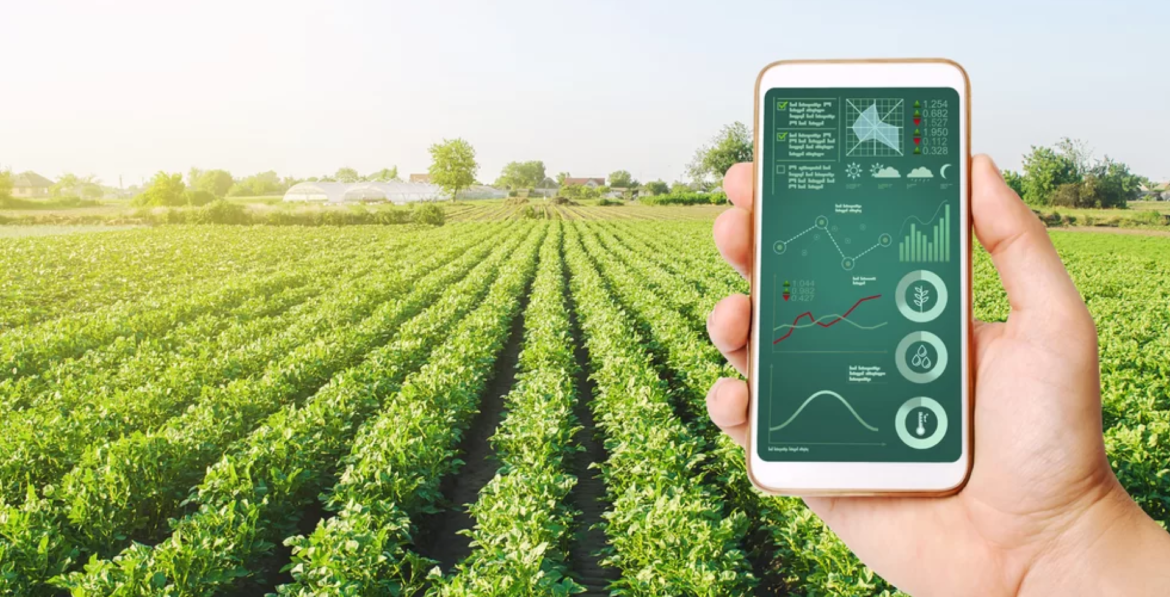Sustainable farming has become a cornerstone of modern agriculture, with innovations playing a pivotal role in driving agricultural transformation towards more environmentally friendly and economically viable practices. This article explores the cutting-edge innovations that are revolutionizing sustainable farming, highlighting how technology, research, and creativity are reshaping the agricultural landscape to ensure long-term food security, environmental conservation, and economic prosperity. By delving into the advancements driving agricultural sustainability, we uncover the key innovations that are propelling the industry towards a more resilient and sustainable future.
Precision Agriculture: Optimizing Resource Efficiency
Precision agriculture is at the forefront of sustainable farming innovations, utilizing technologies such as GPS, drones, sensors, and data analytics to optimize resource management on farms. By precisely monitoring soil conditions, crop health, and weather patterns, farmers can tailor their inputs such as water, fertilizers, and pesticides to specific areas of their fields. This targeted approach not only reduces waste and environmental impact but also enhances crop yields and profitability while promoting sustainable farming practices.
Vertical Farming: Maximizing Space and Efficiency
Vertical farming represents a revolutionary innovation in sustainable agriculture, enabling farmers to grow crops in vertically stacked layers indoors or in controlled environments. By utilizing hydroponic or aeroponic systems with LED lighting and climate control technology, vertical farms can produce high yields of fresh produce year-round without the need for large land areas or extensive water usage. This innovative approach maximizes space efficiency, reduces transportation costs, minimizes pesticide use, and offers a sustainable solution to urban food production challenges.
Agroforestry: Integrating Trees into Farming Systems
Agroforestry is a sustainable farming practice that integrates trees into agricultural landscapes to enhance biodiversity, soil health, and ecosystem resilience. By planting trees alongside crops or livestock, farmers can improve soil fertility, provide shade and windbreaks, sequester carbon dioxide, and create habitats for beneficial wildlife. Agroforestry systems not only increase farm productivity but also contribute to climate change mitigation efforts by promoting carbon sequestration and enhancing ecosystem services.
Regenerative Agriculture: Restoring Ecosystem Health
Regenerative agriculture is a holistic approach to farming that focuses on restoring ecosystem health, improving soil quality, and enhancing biodiversity through regenerative practices such as cover cropping, crop rotation, no-till farming, and holistic grazing. By mimicking natural ecosystems and enhancing soil biology, regenerative agriculture promotes carbon sequestration, water retention, nutrient cycling, and resilience to climate change. This innovative approach not only improves farm productivity but also contributes to environmental conservation efforts by restoring degraded lands and promoting sustainable land management practices.
Aquaponics: Integrating Aquaculture with Hydroponics
Aquaponics is a sustainable farming innovation that combines aquaculture (fish farming) with hydroponics (soilless plant cultivation) in a symbiotic system where fish waste provides nutrients for plants while plants filter water for fish. This closed-loop system maximizes resource efficiency by recycling nutrients and water within the system while producing both fish and vegetables in a sustainable manner. Aquaponics offers a scalable solution for sustainable food production that minimizes waste generation.
Challenges Facing the Adoption of Sustainable Farming Practices
Sustainable farming practices offer numerous benefits, but their adoption faces several challenges that hinder widespread implementation. Here are some key challenges:
- High Use of Chemical Inputs: The heavy reliance on mineral fertilizers and other chemical inputs in conventional farming poses a challenge to transitioning to sustainable practices. Reducing dependence on these inputs while maintaining productivity is a significant hurdle.
- Barriers to Adoption: Various barriers, such as the challenges of organic farming adoption, hinder the widespread uptake of sustainable practices. These barriers can include economic constraints, lack of knowledge or training, and resistance to change within traditional farming systems.
- Factors Influencing Adoption: Factors influencing the adoption of sustainable agricultural practices vary, with efficiency and cost reduction, regulations, and market demand playing significant roles. Despite growing environmental and social consciousness, overcoming these factors remains a challenge for many farmers.
- Regulatory Challenges: Compliance with regulations and standards related to sustainable farming practices can be complex and demanding for farmers. Navigating regulatory requirements while ensuring economic viability poses a challenge to the widespread adoption of sustainable practices.
- Climate Change Impact: Climate change presents a formidable challenge to achieving sustainable agriculture. Extreme weather events, shifting growing seasons, and unpredictable conditions threaten agricultural productivity and sustainability, requiring innovative solutions to adapt to changing climates.
In conclusion, addressing these challenges through targeted policies, education, financial support, and technological innovations is crucial to overcoming barriers and promoting the widespread adoption of sustainable farming practices. By tackling these obstacles effectively, the agricultural sector can move towards a more sustainable and resilient future.



